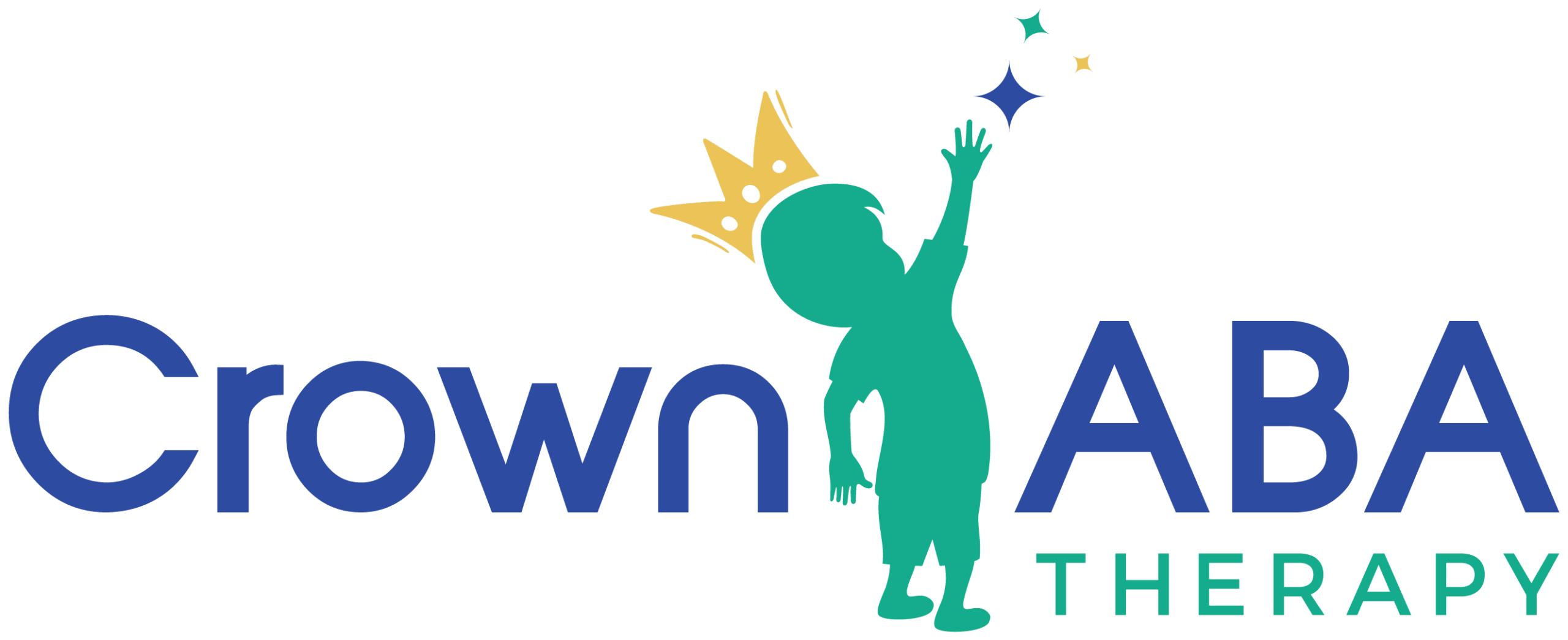Key Points:
- Risperidone is FDA-approved to treat irritability in individuals with autism and is sometimes used for adults to manage challenging behaviors.
- It may help reduce aggression, self-injury, and severe mood swings, but it can come with side effects that require close monitoring.
- Understanding the balance between benefits and risks is essential for parents and caregivers supporting an adult with autism.
Navigating the right treatment options for adults on the autism spectrum can be challenging, especially when symptoms become difficult to manage. Among the medications sometimes prescribed is risperidone, an antipsychotic that has shown effectiveness in reducing irritability and aggression. Many families researching “risperidone autism adults” are looking for safe, effective treatment options to help improve daily life and reduce severe behavioral disruptions.
Is Risperidone Effective for Adults with Autism?
Yes. While risperidone is primarily approved for use in children, studies and clinical practice show it can also help reduce severe symptoms in adults with autism.
What Is Risperidone and Why Is It Used in Adults with Autism?
Risperidone is a type of antipsychotic drug that works by changing how certain natural substances in the brain act, especially dopamine and serotonin. Doctors often prescribe it for problems like schizophrenia, bipolar disorder, and the agitation linked with autism spectrum disorder.
In adults with autism, risperidone may be considered when behaviors such as aggression, self-injury, or severe tantrums are causing harm or significantly interfering with quality of life. It is not used to treat the core features of autism, like communication or social interaction difficulties, but rather the intense symptoms that make daily functioning challenging.
Though risperidone is approved by the FDA for treating irritability in children with autism, doctors may prescribe it “off-label” for adults when other strategies have not been effective. The decision is usually made after a careful assessment of risks versus benefits, along with monitoring over time.
What Symptoms Can Risperidone Help Manage?
Adults on the autism spectrum can experience a wide range of symptoms, some of which are disruptive or dangerous. In certain cases, medication can play a role in calming those symptoms to allow other therapies to work more effectively. Here’s a look at the specific symptoms risperidone is often used to target in adults with autism.
1. Irritability and Aggression
This is one of the most common reasons risperidone is prescribed for adults with autism. When someone becomes physically aggressive, lashes out, or shows intense frustration, it can be dangerous and emotionally exhausting for everyone involved. Risperidone has been shown to reduce these behaviors in many cases.
2. Self-Injurious Behavior
Some adults with autism engage in behaviors such as head-banging, biting, or hitting themselves. This is often a response to frustration or sensory overload. Risperidone may help reduce the frequency or intensity of self-injury, offering a safer environment.
3. Severe Mood Swings or Tantrums
Unpredictable emotional outbursts can make social situations and daily routines very difficult. Risperidone can help stabilize mood in some individuals, leading to fewer extreme episodes.
What Are the Side Effects of Risperidone?
Like any medication, risperidone comes with potential side effects. Knowing what to watch for can help families and caregivers make informed decisions and act quickly if problems arise. Here are the most commonly reported effects of risperidone.

Routine checkups, bloodwork, and behavioral tracking are important parts of any treatment plan involving risperidone. Families are encouraged to keep a symptom log and communicate regularly with a healthcare provider.
How Is Risperidone Dosed in Adults with Autism?
Dosing risperidone for autism in adults is individualized. The starting dose is typically low and is gradually increased depending on how the person responds and whether side effects occur.
This “start low and go slow” approach helps reduce risk and allows the body to adjust. To better understand the dosing process, it helps to look at how doctors typically approach prescribing risperidone for adults on the spectrum.
- Starting dose: Often around 0.25 to 0.5 mg per day.
- Typical range: 2 to 3 mg daily, depending on the severity of symptoms.
- Adjustment period: Effects are usually monitored over several weeks before increasing the dose.
It’s important to note that risperidone should never be stopped abruptly without medical guidance. Sudden withdrawal can lead to rebound symptoms or withdrawal effects.
Is Risperidone a Long-Term Solution?
Risperidone can be part of a long-term management plan, but it’s generally not viewed as a permanent fix. Ideally, it is used to stabilize intense symptoms so that other supports, like behavioral therapy, life skills training, or structured routines, can be more effective.
Some adults may take risperidone for several months to a few years, while others may taper off once behavioral improvements are stable. Regular reevaluation with a physician is key to ensuring that the benefits continue to outweigh the risks. Exploring complementary options—like the potential of omega-3 supplements—may also support social and communication growth; learn more in our article, Omega-3 and Autism: Effects on Social Skills and Communication.
Supporting Adults with Autism Beyond Medication
While risperidone can provide relief from severe behavioral symptoms, it works best when combined with supportive therapies that help individuals grow in independence, communication, and social understanding.
One of the most effective and research-supported interventions is Applied Behavior Analysis (ABA). ABA helps adults with autism develop essential skills that improve daily living, reduce harmful behaviors, and increase meaningful engagement with the world around them.
Unlock Greater Potential with ABA Therapy in Maryland
If your loved one is taking risperidone or facing behavioral challenges, combining medical support with therapy can create real, lasting progress. At Crown ABA, we specialize in providing personalized ABA therapy in Maryland for individuals on the autism spectrum.
Our programs are data-driven, compassionate, and tailored to help adults gain independence, reduce disruptive behaviors, and improve quality of life. Whether you’re looking for help alongside medication or exploring ABA therapy as a new path, our experienced team is here to support you.
Contact us today to learn how our ABA services across Maryland can help your family take the next step forward with confidence.





